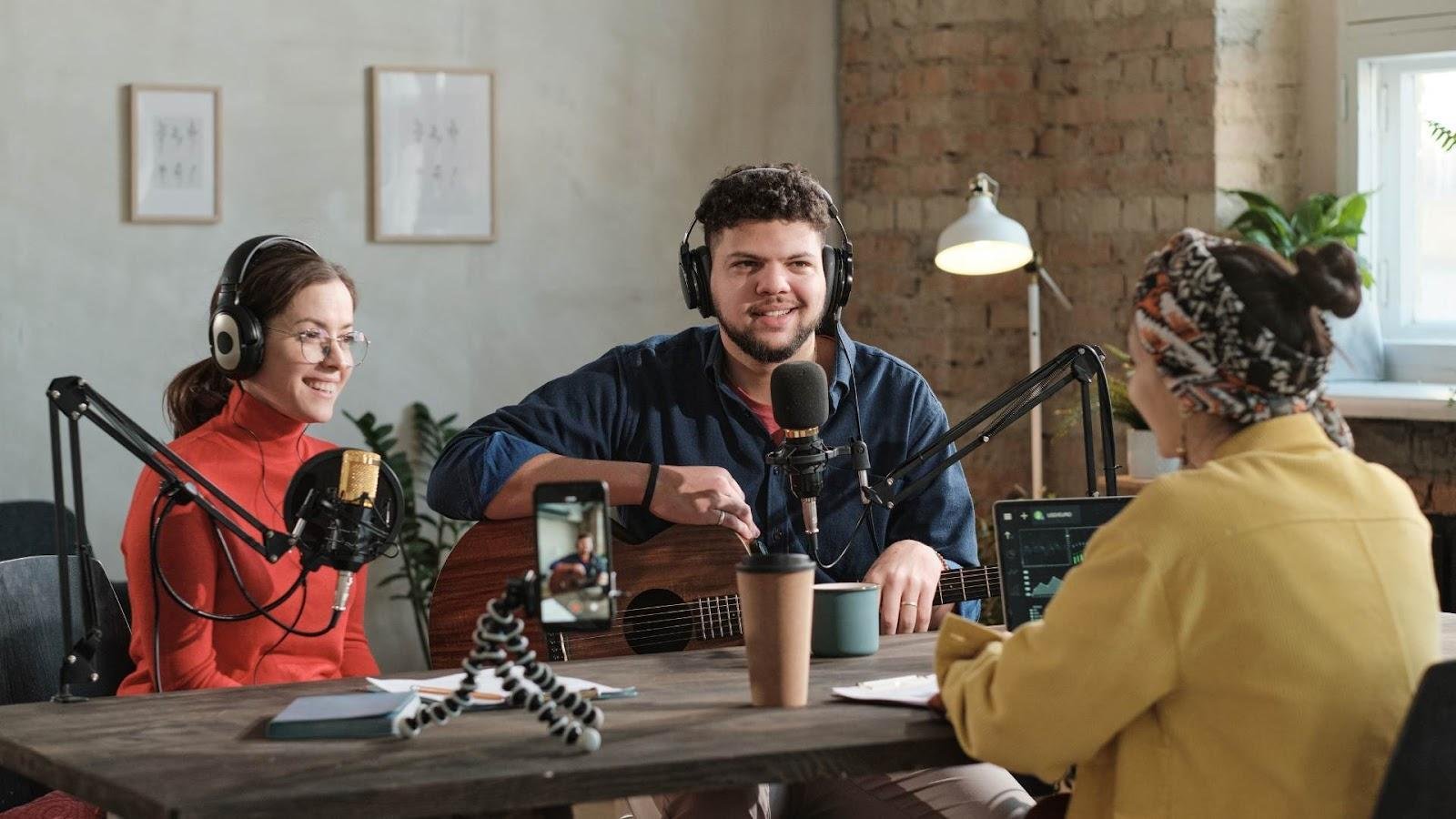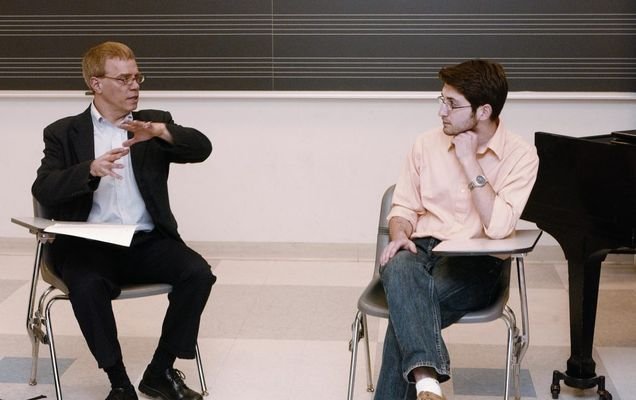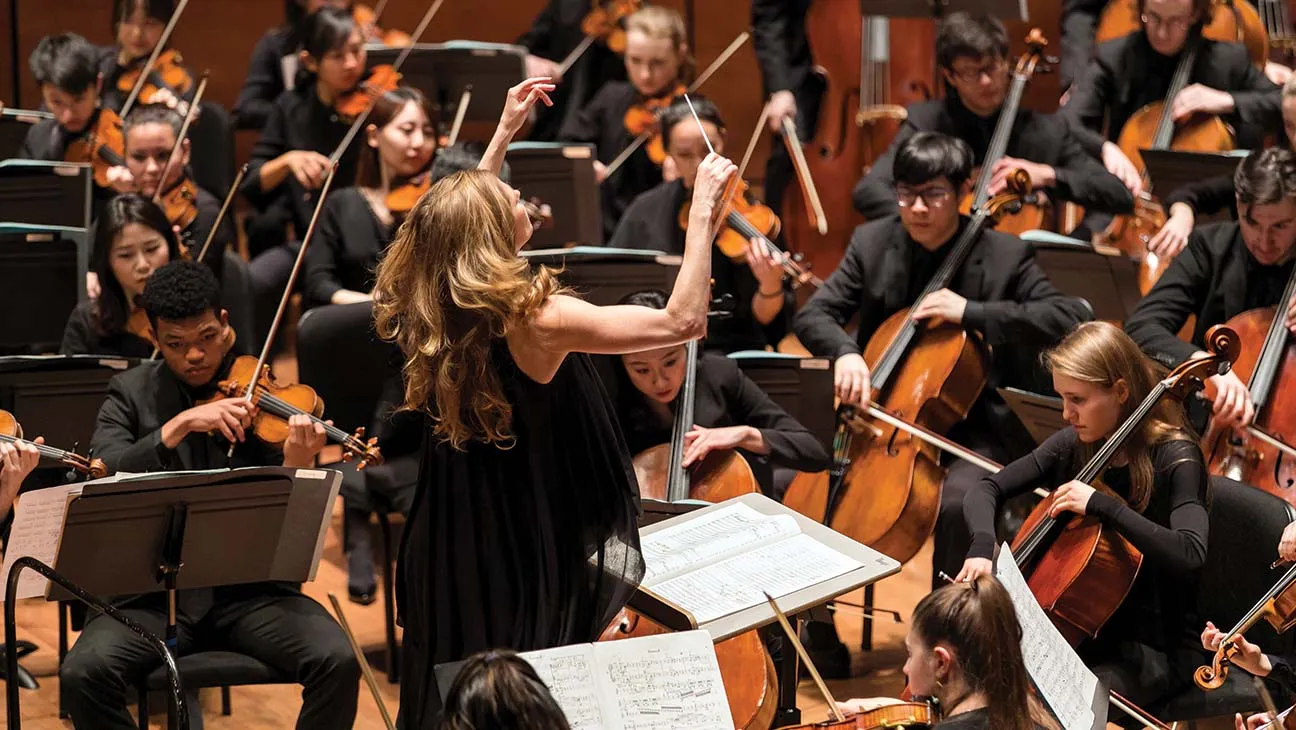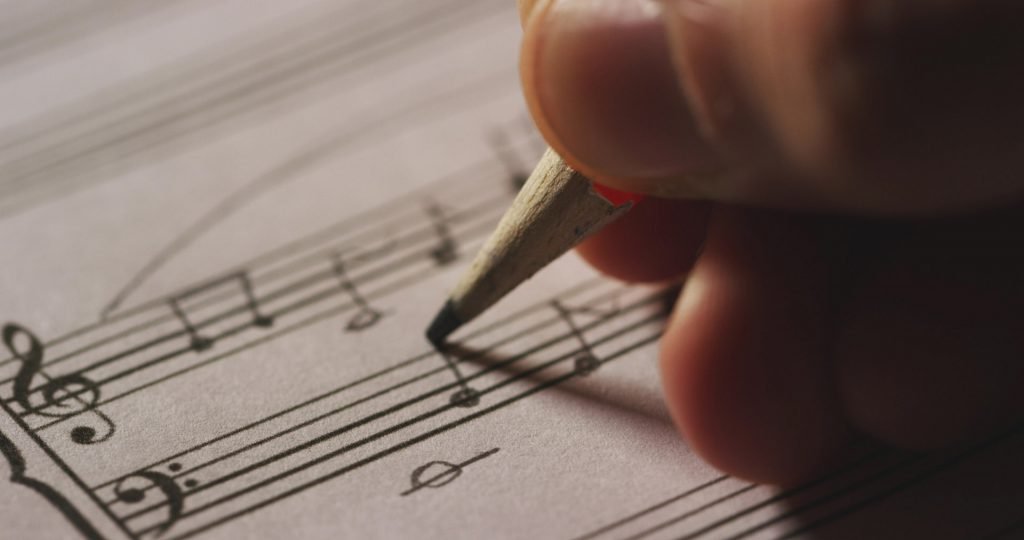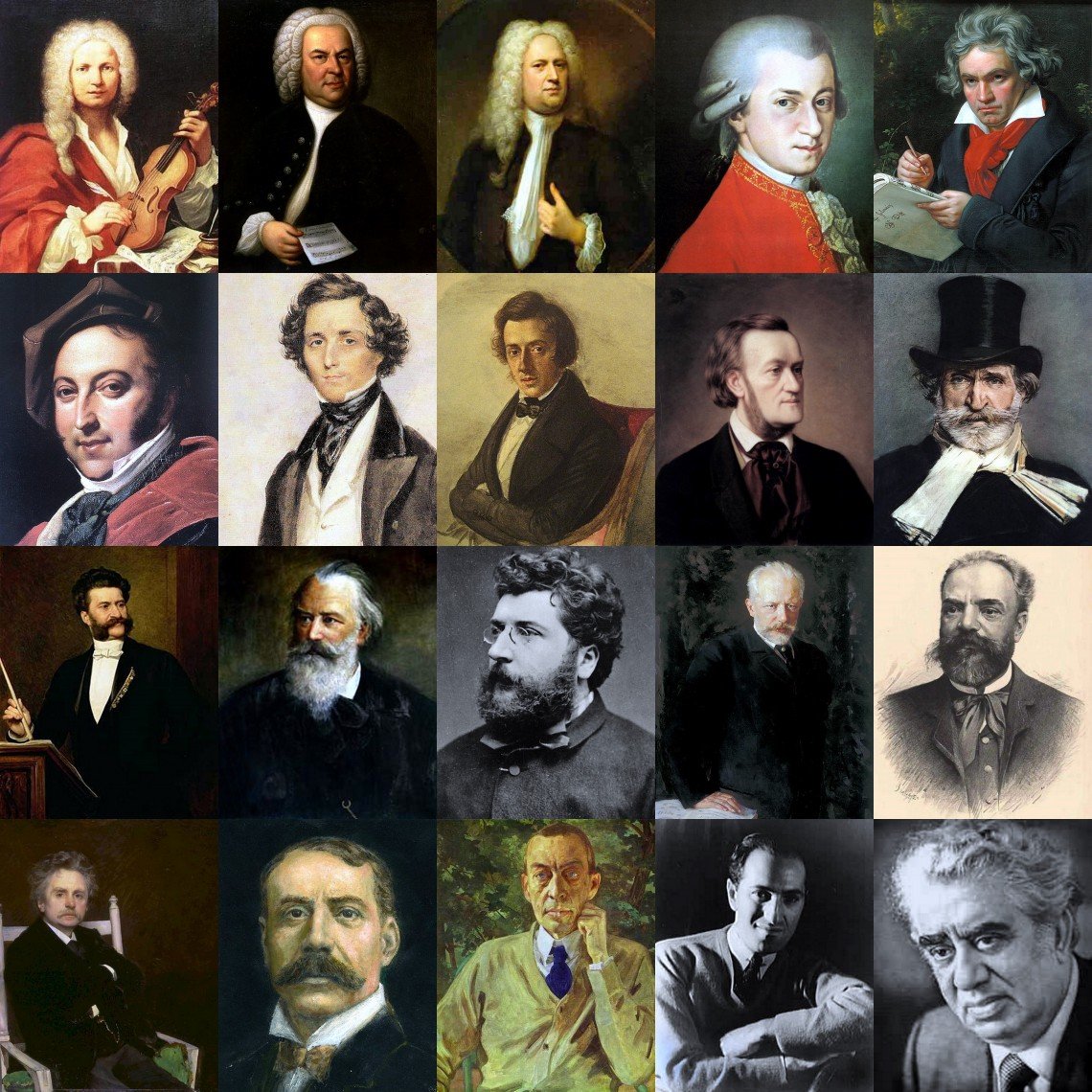Collaborating with other musicians is one of the best ways to grow creatively, expand your skills, and produce unique music. Working with others brings fresh perspectives and can spark ideas you might not have considered on your own. However, successful collaboration requires effort, communication, and the right mindset. Here, we’ll share some practical tips to help you make the most of your experience when collaborating with other musicians.
Start with Clear Goals
When collaborating with other musicians, it’s essential to establish clear goals from the beginning. Whether you’re writing a song, performing live, or recording in the studio, make sure everyone understands the purpose of the project. This shared understanding ensures everyone is on the same page and prevents confusion later on.
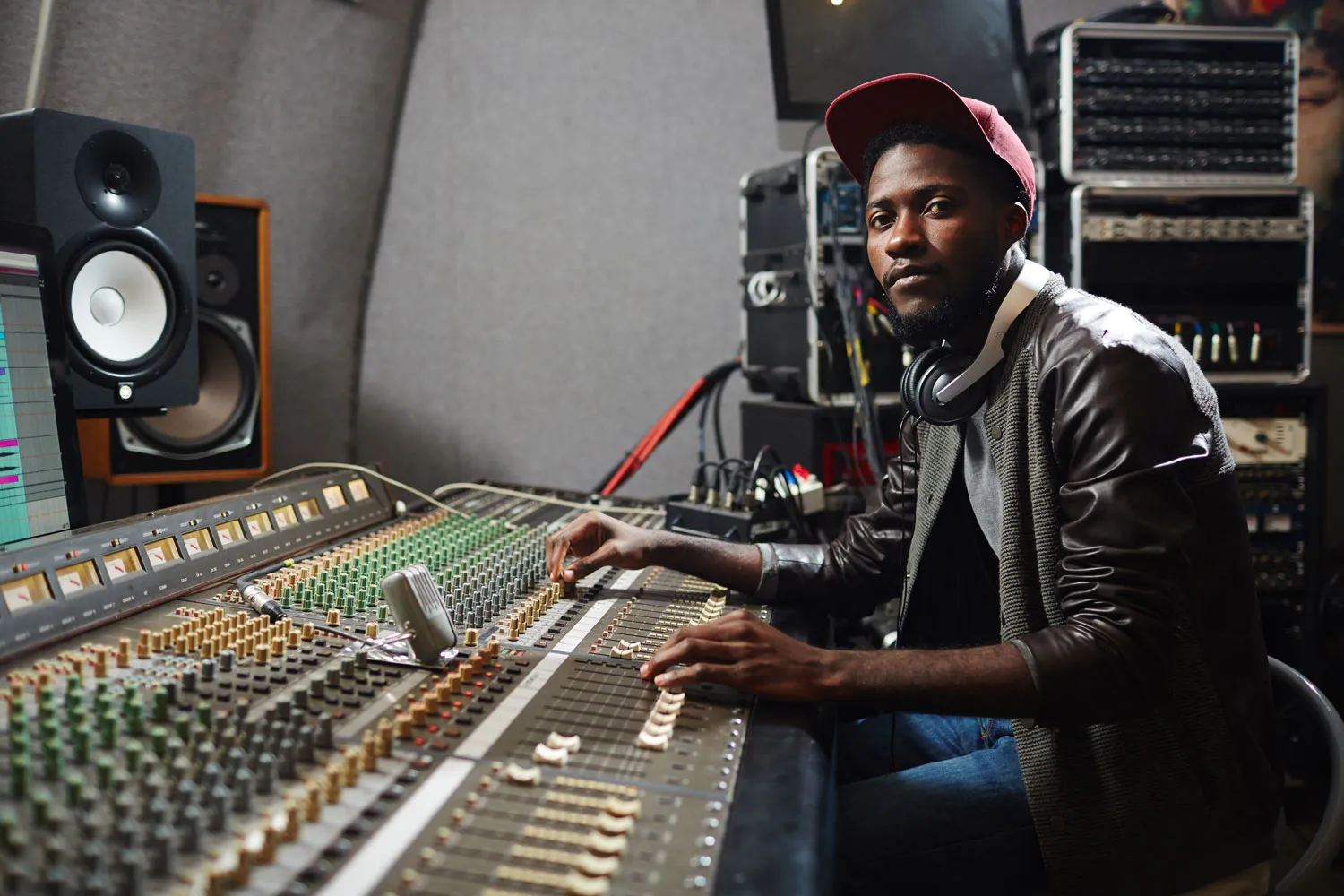
Communicate Openly
Good communication is at the heart of successful collaboration. Be honest about your ideas, preferences, and concerns, and encourage others to do the same. Listening actively and respecting each other’s opinions can help create a positive and productive atmosphere. Open communication also helps resolve conflicts quickly, keeping the collaboration on track.
Respect Each Other’s Strengths
Each musician brings unique skills and talents to the table. Recognize and appreciate what your collaborators excel at, and let them shine in those areas. For example, if someone is great at writing lyrics while another excels at melody, let them lead in those aspects. By respecting each other’s strengths, you’ll create a balanced and effective team.
Be Open to New Ideas
Collaboration often involves stepping out of your comfort zone. Be open to trying new ideas, even if they seem unconventional at first. Sometimes, the best results come from experimenting with approaches you wouldn’t usually consider. Being flexible and willing to adapt can lead to creative breakthroughs that benefit the entire project.
Set a Schedule and Stick to It
To keep the collaboration moving forward, it’s important to set a schedule and stick to it. Agree on deadlines for writing, rehearsing, or recording, and make sure everyone is committed to meeting them. A well-structured timeline helps prevent procrastination and ensures the project stays on track.
Learn to Compromise
When collaborating with other musicians, you won’t always agree on everything. Learning to compromise is key to finding solutions that work for everyone. Focus on the bigger picture and remember that the goal is to create something great together. By being willing to meet in the middle, you’ll build trust and keep the process harmonious.
Leverage Technology
Technology can be a powerful tool for collaborating with other musicians, especially if you’re working remotely. Use apps and platforms like Google Drive, Zoom, or digital audio workstations (DAWs) to share ideas, files, and feedback. These tools make it easier to stay connected and keep the collaboration organized, even when you’re not in the same physical space.
Give Constructive Feedback
When providing feedback, be constructive and specific. Instead of criticizing someone’s idea outright, explain what you think could be improved and why. For example, instead of saying, “I don’t like that part,” try saying, “What if we added a different chord progression here to make it more dynamic?” Constructive feedback helps everyone feel valued and fosters a positive environment.
Maintain a Positive Attitude
Collaboration can be challenging, but maintaining a positive attitude makes a big difference. Stay enthusiastic, encourage your collaborators, and celebrate small wins along the way. A supportive and upbeat approach can help keep everyone motivated and invested in the project.
Reflect and Learn
Once the collaboration is complete, take some time to reflect on the experience. Discuss what worked well and what could be improved for future projects. Learning from each collaboration helps you grow as a musician and prepares you for even better partnerships down the road.
Conclusion
Collaborating with other musicians is a rewarding experience that can lead to incredible creative outcomes. By setting clear goals, communicating openly, and embracing new ideas, you can ensure the process is both enjoyable and productive. Remember, successful collaboration isn’t just about the final product—it’s also about building relationships, learning from each other, and growing as an artist.




